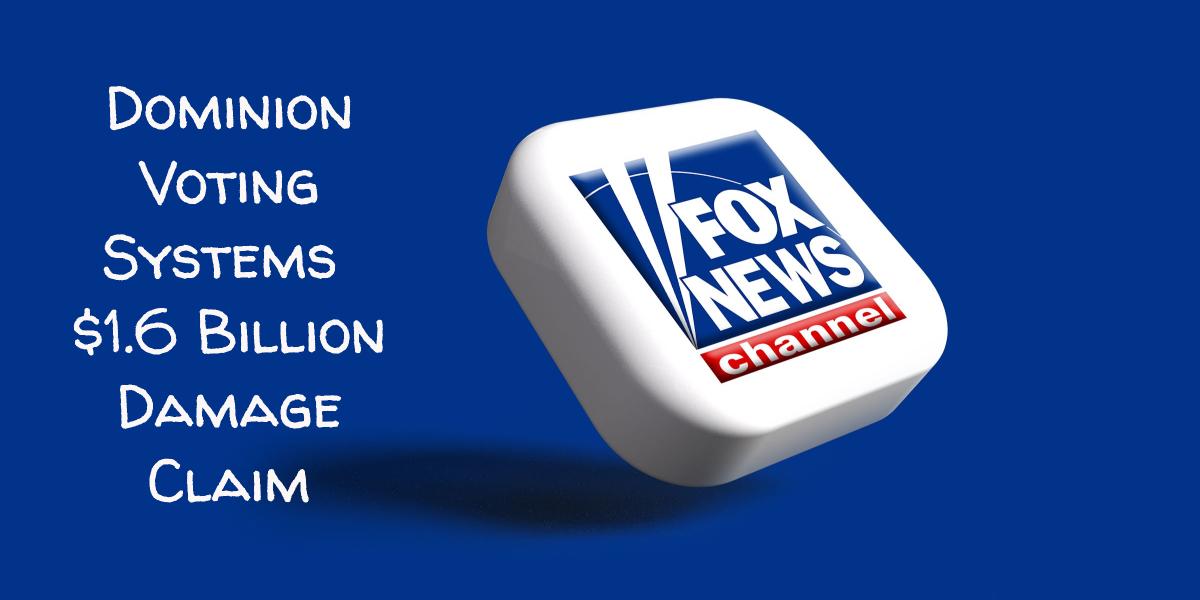Employment laws are designed to protect the rights and well-being of workers, ensuring fair treatment, proper compensation, and safe working conditions. However, when employers violate these laws, employees can find themselves in difficult situations. In such cases, seeking legal representation from an experienced attorney is essential. Here are several compelling reasons why you need an attorney if your employer has violated labor laws:
- Knowledge of Labor Laws: Labor laws are complex and can vary at the federal, state, and local levels. An attorney specializing in employment law has in-depth knowledge of these laws and can help you understand your rights and which laws have been violated in your specific case.
- Assessment of Your Claims: An attorney will assess the validity of your claims and the strength of your case. They will review all relevant documents, evidence, and circumstances to determine whether your employer has indeed violated labor laws.
- Preservation of Evidence: Attorneys understand the importance of preserving evidence in labor law cases. They can guide you on how to collect and maintain essential documents, records, emails, and other forms of evidence that can strengthen your case.
- Negotiation Skills: Many labor law cases can be resolved through negotiations or settlements. An attorney can skillfully negotiate with your employer or their legal representatives to reach a fair resolution, which may include compensation, reinstatement, or policy changes.
- Litigation Experience: If negotiations fail, an attorney is prepared to take your case to court. They have experience in litigation and will represent your interests effectively, presenting your case to a judge or jury and advocating for your rights.
- Understanding of Legal Procedures: Legal proceedings can be complex and require adherence to strict timelines and procedures. An attorney will ensure that all necessary paperwork is filed correctly and submitted on time, preventing potential pitfalls that could harm your case.
- Protection Against Retaliation: Employees who report labor law violations often fear retaliation from their employers. Having an attorney can act as a shield against retaliation, as employers are less likely to engage in such behavior when they know legal action is underway.
- Access to Resources: Attorneys have access to resources that can bolster your case, such as expert witnesses, investigators, and research databases. They can leverage these resources to build a compelling argument on your behalf.
- Maximizing Compensation: If you’ve suffered financial losses due to labor law violations, an attorney will work diligently to help you recover the maximum compensation possible. This may include back wages, overtime pay, benefits, and damages for emotional distress.
- Advocacy for Collective Actions: In cases where multiple employees have been affected by labor law violations, an attorney can help organize and represent a collective action or class-action lawsuit, strengthening the employees’ collective bargaining power.
- Peace of Mind: Dealing with labor law violations can be emotionally taxing. Having an attorney on your side provides peace of mind, knowing that a legal professional is fighting for your rights and interests.
In conclusion, if you believe your employer has violated labor laws, seeking legal representation is crucial. An experienced attorney can guide you through the complex legal process, protect your rights, and work tirelessly to achieve a fair resolution. Whether through negotiations, settlements, or litigation, an attorney’s expertise is essential in holding employers accountable for labor law violations and ensuring justice for affected employees.











